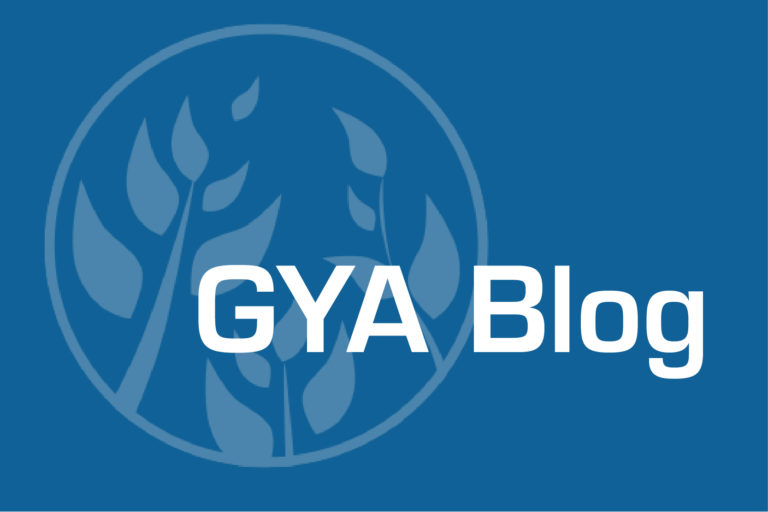The Fifth Global Conference on Strengthening Synergies between the Paris Agreement and the 2030 Agenda for Sustainable Development (Fifth Global Climate and SDG Synergy Conference) took place in September 2024 in Rio de Janeiro, Brazil. The event brought together representatives of United Nations (UN) Member States, UN agencies, civil society, the private sector, and other stakeholders to assess progress made on a set of key recommendations from the previous global conferences. The conference links to a two-week series of Group of 20 (G20)-related events convened by Brazil as the 2024 Chair of the G20 in the lead-up to the G20 Summit in November 2024.
The GYA & SDGs Working Group (WG) closely follows flagship UN Sustainable Development Goal (SDG)-related events and the Climate Change and Disaster Risk Reduction (CCDRR) WG is committed to advancing understanding and informing decisions in a changing climate. It is the firm belief of these WGs members that outstanding young scholars can substantially contribute to the meeting of the dual target of timely climate change action and SDGs achievement. Interdisciplinary by nature, the GYA delivers a platform where knowledge from multiple fields (e.g., environmental science, economics, social sciences and health sciences) can be integrated and where young researchers can propose innovative solutions that address both climate change and sustainable development.
Research and actions from these WGs members show that several actions are critical for the successful exploitation of climate change and SDG action synergies. Engagement of local communities and indigenous people are essential to understand their needs and challenges and to integrate them in the co-creation of successful, acceptable solutions. Young researchers can work with communities to co-create solutions that support sustainable practices while addressing local climate impacts and disaster risk reduction. Additionally, awareness about climate change and sustainable development is necessary to make the risks and challenges of both action and inaction accessible and understandable to a broader audience. Combined with collaboration through scientific and non-scientific networks (e.g., NGOs, non-government institutions etc.) awareness and participation can lead to more comprehensive solutions and resource sharing. With the involvement of active members in policy making authorities (i.e. related ministries and societies), young researchers can be effective parts of such actions with real impact on well-informed policy discussions. Thus, the transfer of cutting-edge research from outstanding young scholars and their research groups to hands-on action, and practices can provide evidence-based steps forward that align climate action with the SDGs.
To harness the untapped potential of young researchers to support climate change, the mitigations of its impacts and SDG actions, several modernizations in the research and policy making practices are needed. These regard the establishment of participatory research methods that bring together young and senior expertise and connect them to local communities in a way that can deliver culturally and regionally relevant solutions that can more likely be adopted. Moreover, the promotion of open access and sharing of research findings to the largest audience possible is indispensable. Dissemination of the research findings through not only journals and conferences but also policy briefs, and community reports as well as NGOs that can influence public understanding and policy decisions related to climate and sustainability. Access to research findings and state of the art scientific work can lower disparities across regions, the global North and South and improve collaboration prospects among researchers globally. By taking the initiative in these areas, young researchers can significantly contribute to the global efforts needed to combat climate change while fulfilling sustainable development goals.


